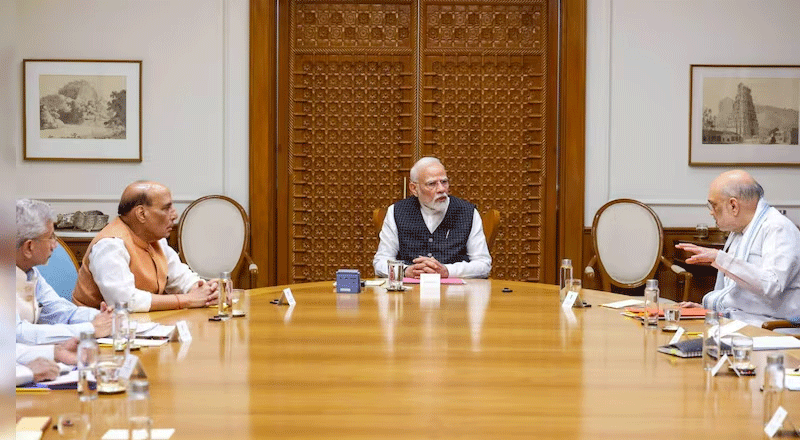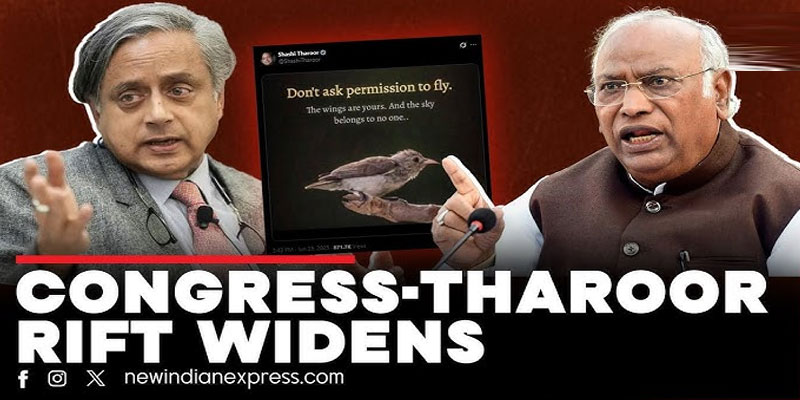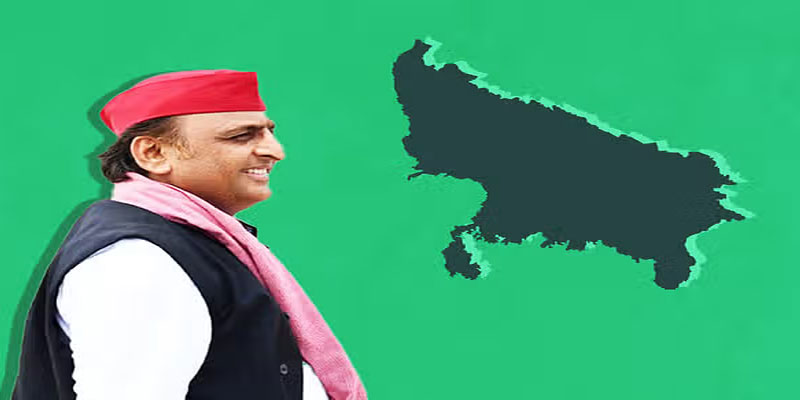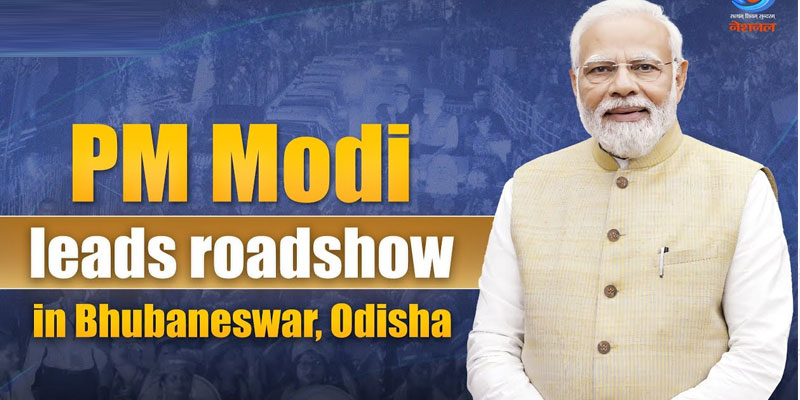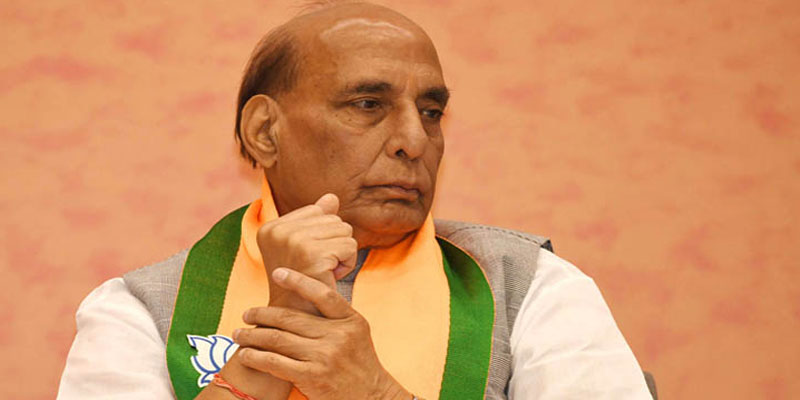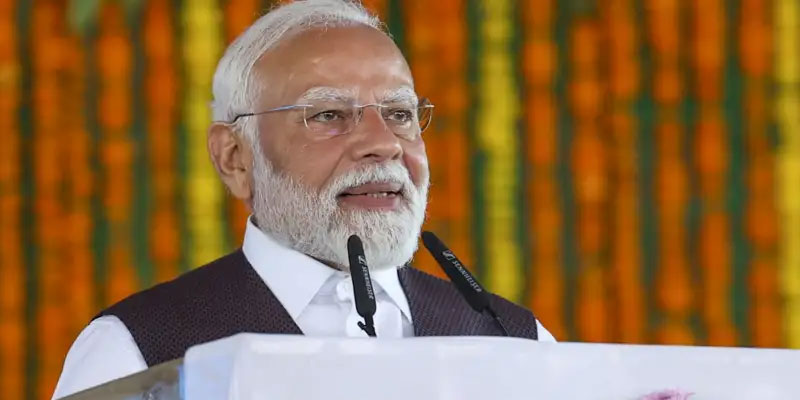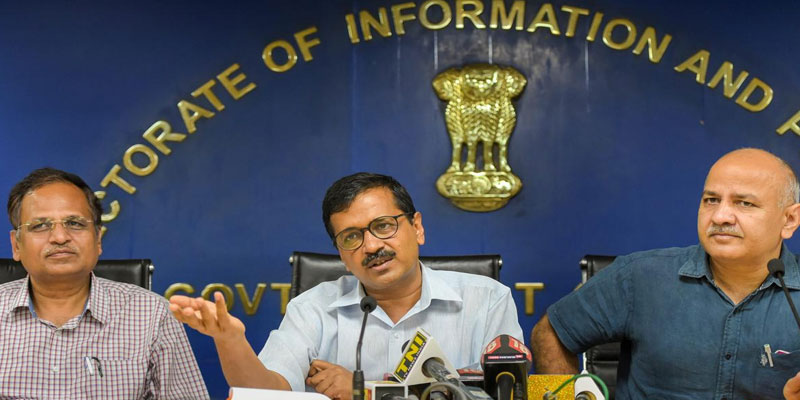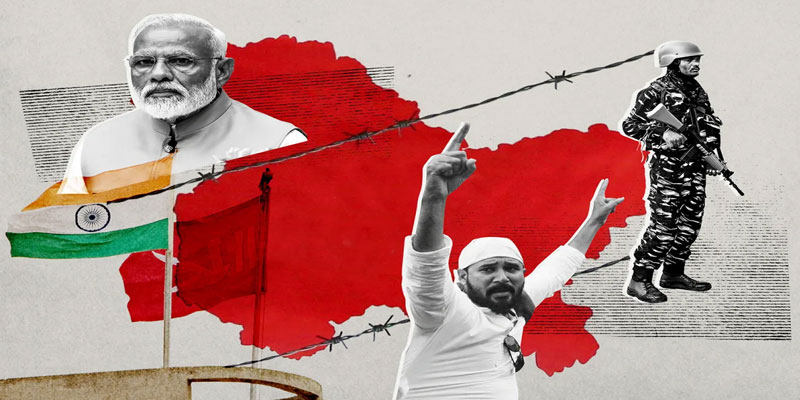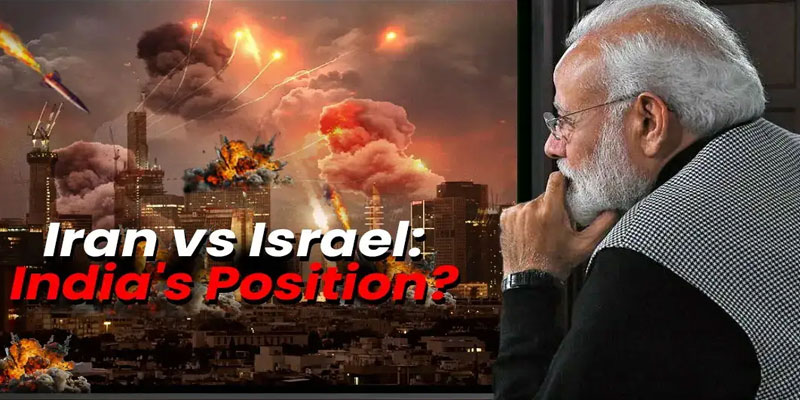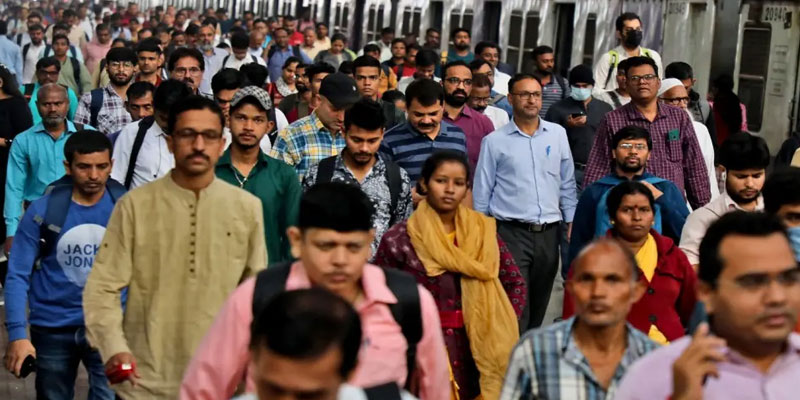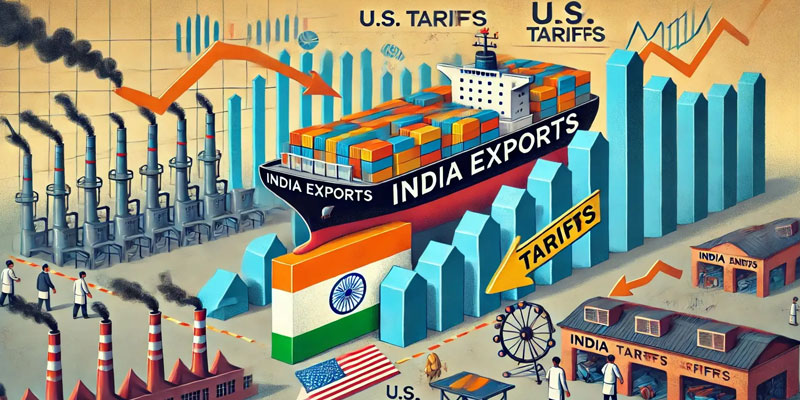India Positioned for Early Agreement with US
In a significant development for global trade relations, the United States has indicated that India could be among the first countries to finalize a new trade agreement. US Treasury Secretary Scott Bessent revealed on Monday that several major American trading partners have submitted "very good" proposals to avert impending US tariffs, with India leading the list for a possible early agreement.
Speaking during television interviews and a subsequent press briefing, Bessent suggested that the first such deal could be signed within days, possibly as early as this week or next. Although specific details were withheld, he emphasized that President Donald Trump would be "intimately involved" in shaping individual agreements with 15 to 18 key countries.
Bessent's comments place India in a favourable position amid a tightening timeline as the US pushes for expedited negotiations to avoid the imposition of new tariffs.
The Global Tariff War and India’s Response
The backdrop to these accelerated negotiations is the sweeping tariff policy initiated by the Trump administration. Since assuming office, President Trump has upended traditional trade norms by imposing a 10% tariff on imports from nearly all countries—with exceptions only for Canada and Mexico—and significantly higher duties of up to 145% on Chinese goods. In retaliation, China and other countries enacted counter-tariffs, triggering global trade tensions.
Faced with this evolving situation, India has adopted a pragmatic approach. Recognizing the need to safeguard its growing economy and maintain stable trade relations with the US, India has engaged actively in negotiations. Vice President Vance's recent visit to India, coupled with statements from senior trade officials, indicates that both countries have made "substantial progress" towards a comprehensive trade arrangement.
While India simultaneously negotiates a long-awaited trade pact with Britain, it appears increasingly focused on securing a swift agreement with the United States to pre-empt the potential economic fallout of the new tariffs set to activate by July 8.
Analysis: Opportunities and Strategic Calculations
The potential India-US trade deal presents a critical opportunity for both nations. For India, sealing an agreement early offers protection against disruptive tariffs and helps preserve its export competitiveness in key sectors like technology, pharmaceuticals, and textiles. An early deal could also enhance investor confidence at a time when India seeks to position itself as a leading global manufacturing and innovation hub.
For the United States, finalizing a deal with India would mark a major diplomatic win and showcase the Trump administration’s ability to recalibrate international trade relationships on favorable terms. India, as one of the world's fastest-growing major economies, represents a strategic market for American goods and services. Strengthening ties now could yield long-term economic and geopolitical dividends.
Moreover, the broader context of US trade talks with Japan, South Korea, and other Asian partners suggests that Washington is keen on consolidating its trade position in Asia, partly to counterbalance China’s influence. Securing a deal with India early could set a constructive tone for other ongoing negotiations.
However, challenges remain. India will likely seek assurances on issues such as technology transfer, market access, and agricultural exports—areas that traditionally complicate bilateral negotiations. How these complexities are managed will determine the final contours of any agreement.
A Pivotal Moment for Trade and Diplomacy
The evolving trade discussions between India and the United States mark a pivotal moment, not only for the two countries but also for the future of global commerce. At a time when protectionism threatens to fracture established economic ties, a successful agreement would signal that dialogue and negotiation can still prevail over confrontation.
For India, an early deal would symbolize both diplomatic agility and economic foresight. For the United States, it would validate its strategy of seeking individualized, "bespoke" trade agreements rather than adhering strictly to multilateral frameworks.
As deadlines approach and negotiations intensify, the choices made in the coming days could have far-reaching implications—reshaping trade dynamics and reaffirming the principle that mutual benefit remains the most durable foundation for international partnerships.
(With inputs from agencies)


